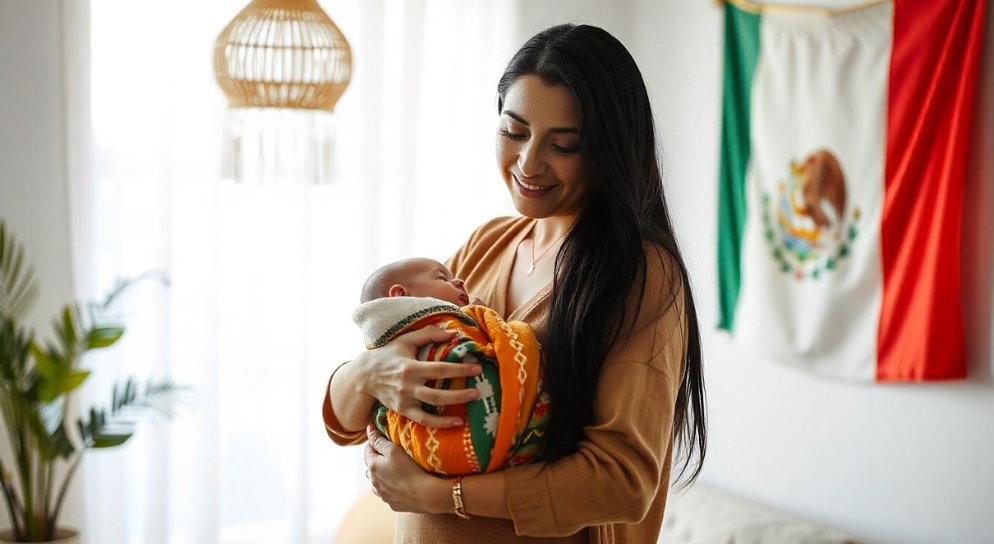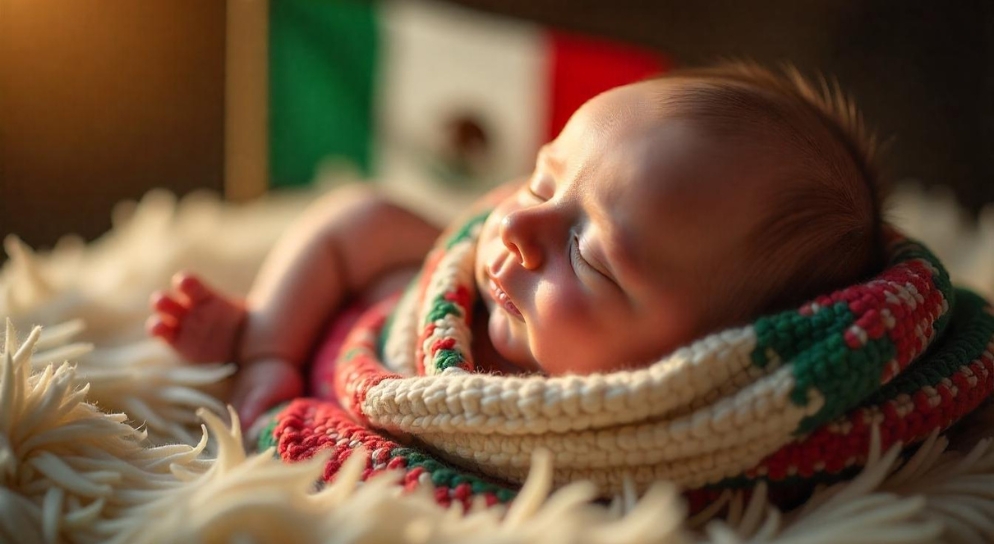The World Center of Baby Surrogacy Mexico agency strives to provide future parents and surrogate mothers with high-quality care and collaboration. This is why surrogacy in Mexico is so popular!
Surrogate mothers play a very important role in the implementation of the program, and they bear a huge burden of responsibility.
We do our best to surround our clients with care and respect. With the psychological counseling, ongoing guidance, and appropriate medical care we provide, our clients get everything they need to realize the greatest miracle of life – having a healthy baby.
A pure and warm Mexican climate and a relatively low cost are perfect for future parents and babies. According to the data and information of the Ministry of Justice, more and more people choose Mexico for surrogacy.
What is the Cost of Surrogacy in Mexico?

The number of gay/lesbian couples or just couples who can’t have children and are ready to pay for the opportunity to become parents continues to grow rapidly every year.
The price in a World Center of Baby clinic for this service starts from 73,000 US dollars (the cost, as a rule, includes all the services associated with medical support and monthly maintenance during the childbearing period).
Is Surrogacy In Mexico Possible?
World Center of Baby works with honesty and decency. Our team members are always available and ready to answer your questions and offer advice and assistance every step of the way.
The design of our surrogacy and IVF programs aligns with the needs and requirements of your families. We work tirelessly to create the right conditions for your families and provide various treatments.
Surrogacy Agency in Mexico: How Does it Work?
Some couples decide to search for a surrogate mother on their own on a forum or shift this care onto the shoulders of agencies specializing in the selection of women who have decided to bear and give birth to a child for an infertile couple.
The World Center of Baby agency engages in selecting candidates for surrogate mothers, bearing full responsibility for their state of health.
This requires a thorough, comprehensive examination of their body, as well as full medical support of the process:
- Fertilization
- Embryo transfer
- Pregnancy management
- Childbirth
They also take care of the legal side of the case. That concerning the execution of the contract with the surrogate mother and the paperwork of the newborn.
Is Surrogacy in Mexico Legal?

According to the law of Mexico, the surrogacy gestational program is not prohibited. A couple that gives written consent to the implantation of an embryo to another person is recorded as parents. And the consent of the surrogate mother is not needed for this.
However, there’s an advantage of the World Center for Baby. It is that biological parents don’t need to go through a lengthy adoption procedure.
They can be immediately recorded in the baby’s birth certificate column as a mother and a father.
Surrogacy in Mexico is a Protected Procedure
The Supreme Court’s decision is final, so the medical surrogacy procedure in Mexico is protected. This comes through the recognition that individuals have the right to form a family and of a child to its family heritage.
All individuals must receive equal access to medical techniques to make it possible. Medical procedures such as IVF and gestational surrogacy cannot be banned in Mexico.
The child’s parentage depends on the desire to form a family – not on the circumstances of biology. A legal surrogacy contract will demonstrate that the intended parents will always be the legal guardians of the children born through this contract.
It is also legal for surrogacy to be universally accessible without any limitation due to race, religion, or nationality. They have the right to marry and conceive of a family – even if it is through surrogacy.
Additionally, egg donation is legal in Mexico and several IVF clinics in Mexico even cater to international clients. Same-sex couples can avail of the IVF treatment where local egg donors in Mexico can step in.
These clinics have gestational carrier and donor eggs that allow same-sex couples to pursue gestational surrogacy. Allowing them to have their biological children. These services are great for infertility treatment, especially for North Americans. As the rate of infertility is quite high there, and Mexico comes to be the nearest best solution provider.
Several clinics for surrogacy in Mexico will provide top-notch service as they are well-equipped and well-staffed. They can perform multiple transfers at the request of the intended parents.
Even though some may find this ethically questionable – Mexican clinics support gender selection. Places such as Mexico allow pre-birth parentage order that issues birth certificates in the names of the intended parents.
How do I Bring the Baby Home After Surrogacy in Mexico?

Not many people are aware, but if you pursue surrogacy in Mexico, your child should acquire a passport and citizenship to travel home. You can prepare beforehand, but it requires some preparation.
Americans pursuing surrogacy in Mexico can avail complete guide by the US embassy for the baby’s citizenship and passport. Things you need for this:
- Proof of parent’s citizenship
- Prior residency of four years in the US
- DNA test performed by an accredited lab
The process takes around 3-4 weeks. There’s a catch – one of the parents should be a citizen of the baby’s country (for example, Mexico.) Thus, the intended parents who use both a donor egg and sperm cannot apply for a passport and citizenship to return home.
Consulting the local consulate is a wise decision in these cases.
Wrapping It Up!
That was all about surrogacy in Mexico and how would-be parents can select different options to have children of their own. The laws in Mexico and several states around it legalizes surrogacy for people. Irrespective of their religion, race, or gender preference.
Not all the states in Mexico have made surrogacy legal. And there is no enactment of the new legal framework after the Supreme Court’s sweeping decision. Some Mexican states also allow naming the intended parents on the baby’s certificate. This gives them the sense of having their “own child.”
Read Also:




























